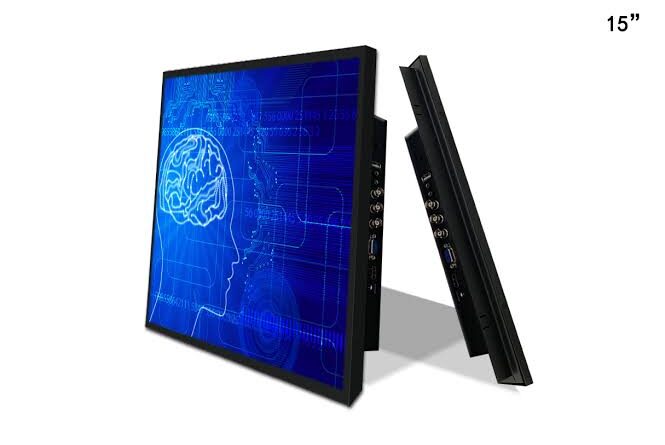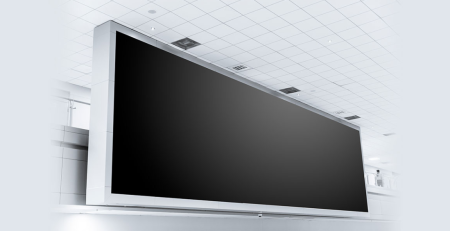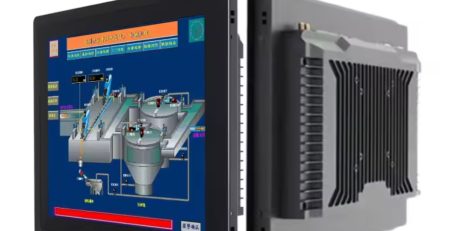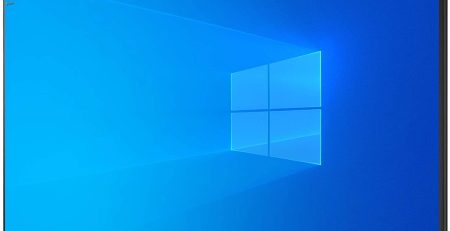In the chemical production site, the corrosion challenges faced by industrial displays are very specific and severe. Various acids, alkalis, solvents, high humidity air and even physical shocks are common in the workshop. Ordinary displays will have a high failure rate in such an environment. Repair or replacement is not only costly, but also likely to affect the continuity of production monitoring and operational safety. The stability and life of industrial displays used in the chemical field depend largely on the materials, especially the selection and application of anti-corrosion materials.
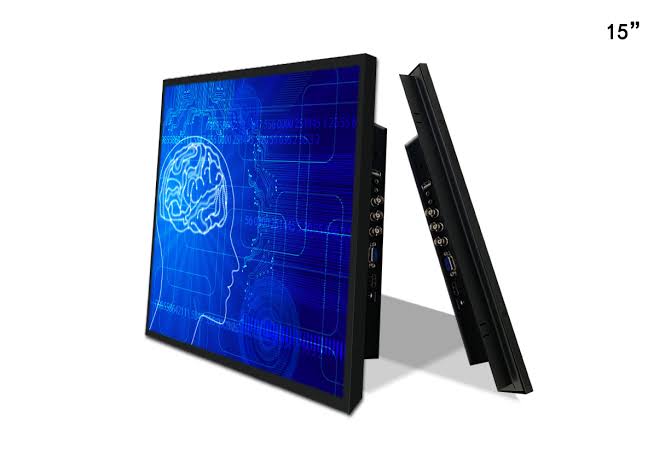
The shell is the first barrier to resist external invasion. In the face of splashing liquids and steam in the chemical environment, anti-corrosion materials with good chemical resistance must be selected. For example, common engineering plastics, such as polycarbonate reinforced or certain specific grades of polypropylene, have a certain tolerance to common chemicals. However, in places with strong acids and alkalis, high temperatures or strong oxidation, the limitations of engineering plastics become apparent. At this time, engineers usually turn to metal shells. 316L grade stainless steel is a proven reliable choice. It has better resistance to pitting and crevice corrosion in complex corrosive environments.
A strong shell is not enough. The joint between the panel on the front of the display and the shell is often a weak link. Once corrosive liquids or steam penetrate, they will not only damage the panel, but also invade the interior and damage the core components. Therefore, the corrosion resistance of the front panel protective glass itself must be good, and tempered glass or more professional aluminosilicate glass is often used. But the most critical thing is the sealing process. If the sealing is not done well here, the protection of the front panel will be useless. High-quality sealants are indispensable. Ageing-resistant silicone rubber or fluororubber is widely used here. The purpose of these anti-corrosion materials is to form an effective barrier to truly keep corrosive substances out. In places with strict requirements, multi-layer sealing designs will also be used to strengthen this weak link as much as possible.
Even if the external protection is in place, the ubiquitous corrosive steam in the production environment, or the trace amount of penetration during daily maintenance, may still affect the inside of the display. Therefore, the internal anti-corrosion materials protection also needs attention. For example, the core printed circuit board (PCB), conventional surface treatment is not enough, and three anti-paints (usually referring to moisture-proof, salt spray-proof, and mildew-proof coatings) must be applied. This is an industry-recognized effective protective layer, which is equivalent to putting on a protective coat to isolate the delicate circuit from the environment. Small metal parts used internally, such as screws and connectors, tend to be made of stainless steel directly, or passivation treatment, electroplating of zinc-nickel alloy or other corrosion-resistant coatings (such as Dacromet) are performed on ordinary metal parts to enhance their resistance.
The pressure on the continuity and safety of chemical production is high. Once the display at the key operation position fails, the consequences may be serious. The scientific and pragmatic application of anti-corrosion materials on chemical displays, reducing downtime and improving the long-term reliability of equipment is actually to improve production efficiency and reduce operating risks. This is a practical focus of materials engineering in industrial applications.
Golden Margins –Entire Range of Touchscreen Products
We hope you found these touchscreen or panel PC fundamentals informative. Goldenmargins offers a broad selection of Industrial Touchscreen Monitors and Touch Panel PCs in various sizes and configurations, including medical touch screens, sunlight-readable touch screens, open-frame touch screens, and waterproof touch panels, as well as other unique touch screen or panel PC designs. You can learn more about our services HERE or by calling us at +86 755 23191996 or sales@goldenmargins.com


